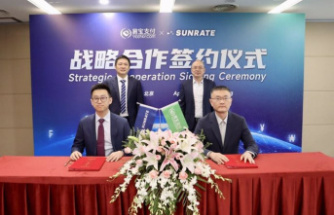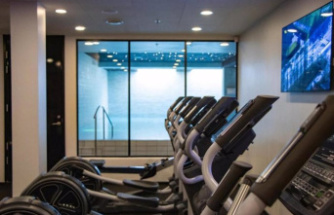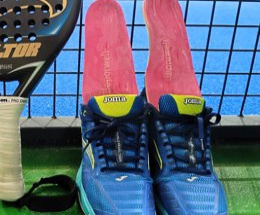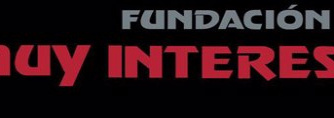Kraft Heinz said it approached and was rejected by Unilever about combining the companies, a deal that would create a consumer-goods giant with brands spanning Dove soap to Heinz ketchup.
In a statement issued Friday in response to speculation that it had made a bid, the company, which has dual headquarters in Chicago and Pittsburgh, said it made a "comprehensive proposal" and will seek to gain an agreement on the terms of a transaction.
"There can be no certainty that any further formal proposal will be made to the board of Unilever or that an offer will be made at all or as to the terms of any transaction," the maker of Velveeta cheese said.
A deal would mark a major step-up in industry consolidation following this week's $16.6 billion agreed offer for baby-formula maker Mead Johnson Nutrition by Reckitt Benckiser Group. Consumer-goods makers need to find new avenues for growth as conditions become tougher across the globe. 3G Capital, the private-equity firm that runs Kraft Heinz, is under pressure either to do another major deal or show the company can boost sales.
The two companies' combined sales of $84.8 billion last year would have ranked second among food and beverage companies, trailing Nestle's $91.2 billion, according to data compiled by Bloomberg.
Kraft's statement followed a report on the Financial Times Alphaville blog that mentioned a price of 4,000 pence a share, about 19 percent above Thursday's close. Berenberg analysts said such a valuation would imply multiples of 3 times sales and 21 times earnings, "which strikes us as very low."
Kraft Heinz is itself the product of a merger. The company was forged by a $55 billion combination orchestrated by Warren Buffett's Berkshire Hathaway and 3G, which had teamed up two years earlier on a buyout of H.J. Heinz. There had been speculation that 3G would look to buy another food company and resume a cost-cutting cycle spearheaded by Chief Executive Officer Bernardo Hees. Mondelez International, General Mills and Kellogg have been mentioned as potential targets.
The investors behind the Unilever bid were all on those deals as well. 3G Capital -- founded by Brazilian executives Jorge Paulo Lemann, Marcel Telles, Carlos Alberto Sicupira, Roberto Thompson and Alex Behring -- has engineered a series of huge transactions in the food-and-drink industries in which they acquire companies, install managers and slash expenses. 3G also acquired Burger King Worldwide and in 2014 merged it with Canadian doughnut chain Tim Hortons.
A deal for Unilever would be the largest takeover ever in the food or beverage industries, surpassing Anheuser-Busch InBev SA's purchase last year of SABMiller for about $123 billion including debt, InBev's purchase of Anheuser-Busch in 2008 and the 2015 transaction that created Kraft Heinz, according to data compiled by Bloomberg.
Kraft's overture follows the worst annual performance of Unilever's stock last year since the financial crisis in 2008. The shares fell 2.5 percent in the course of 2016, though European rival Nestle fared only marginally better, losing 2 percent in the same 12 months.
Our editors found this article on this site using Google and regenerated it for our readers.













